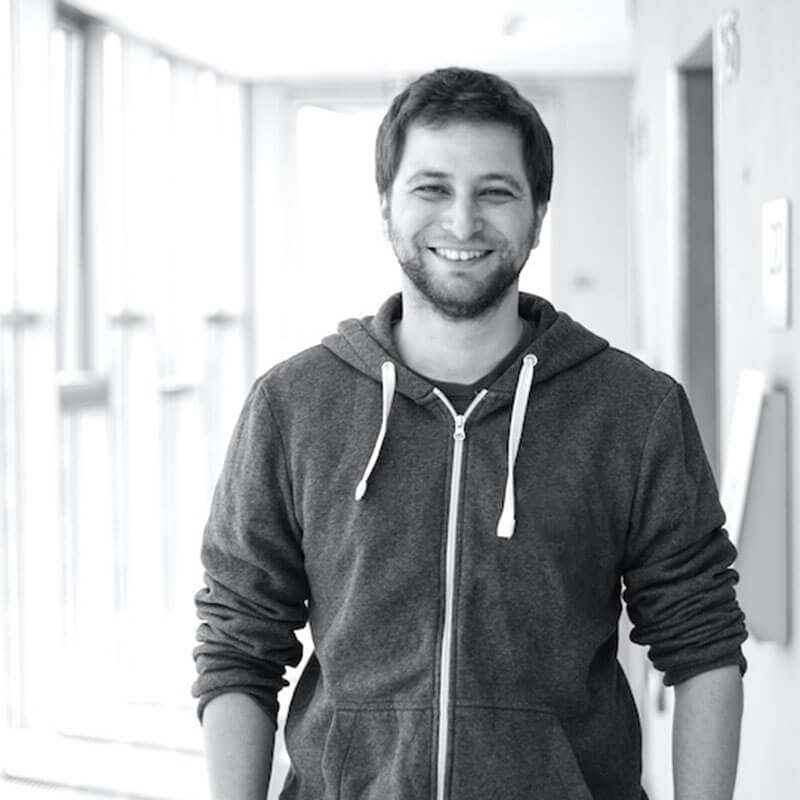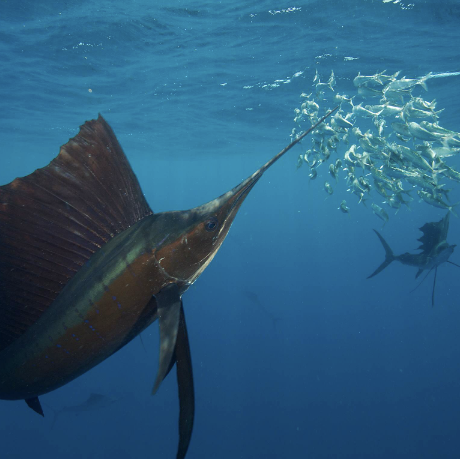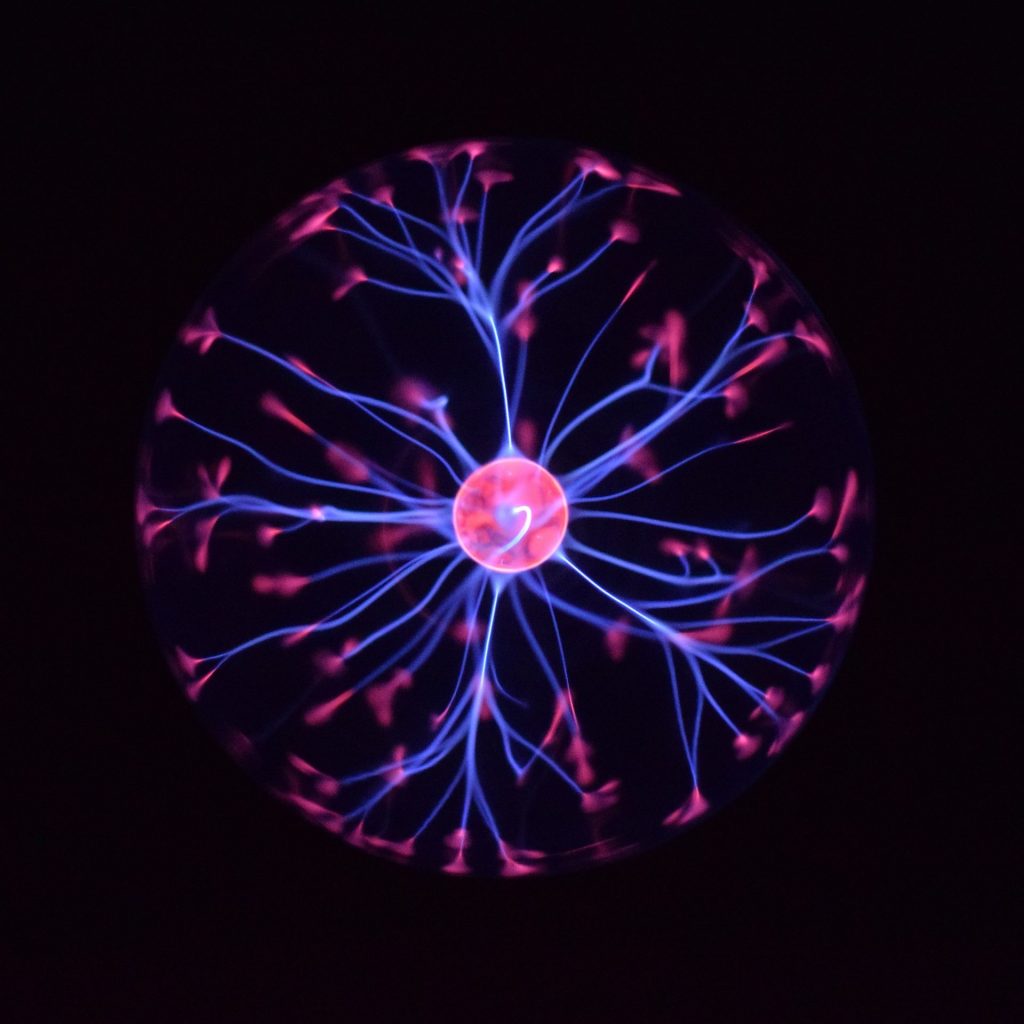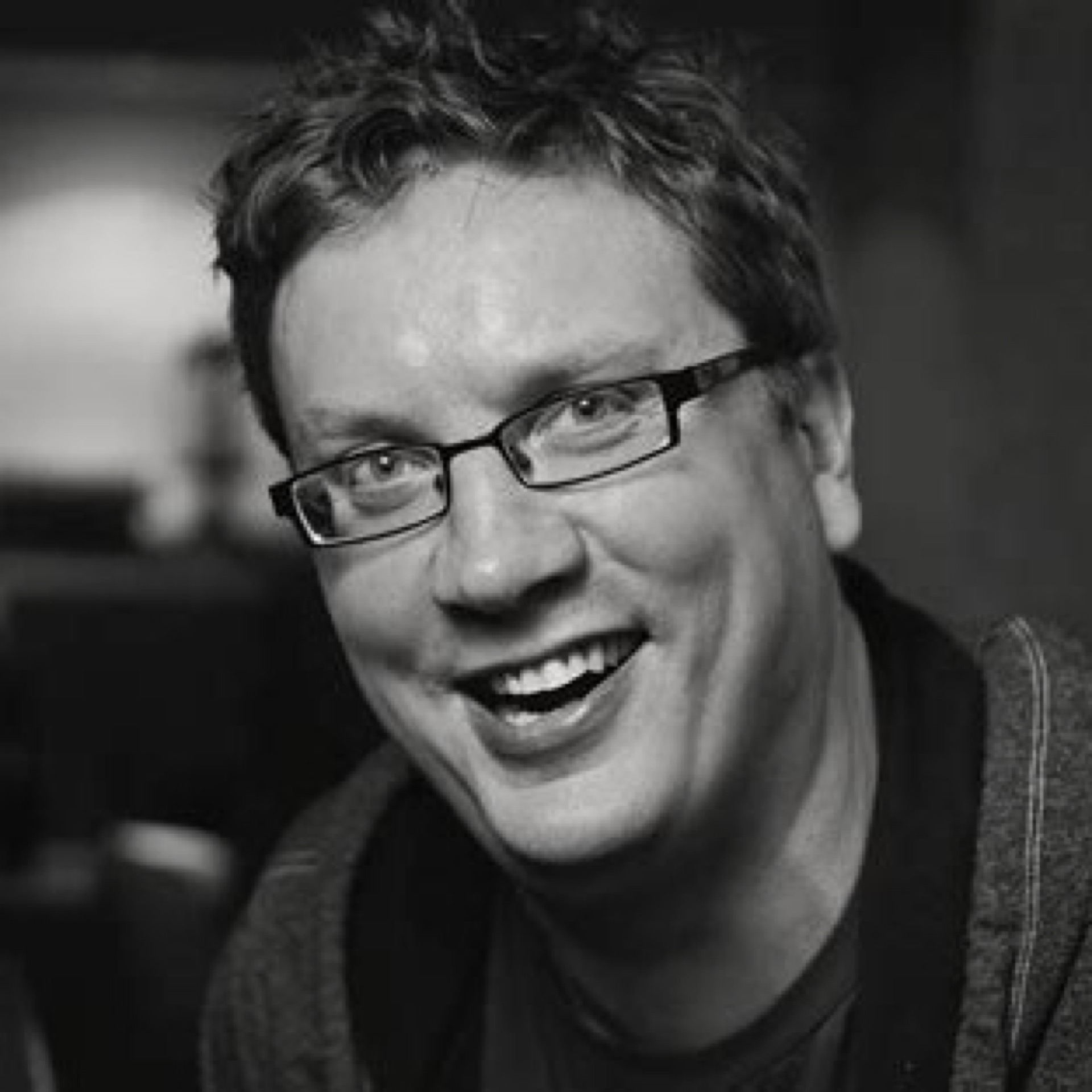Pavel Němec (Charles University), “Two independent origins of complex brains and intelligent behavior in birds and mammals”
Abstract: Over the last 20 years, it has been shown that birds and mammals are startlingly similar in their cognitive repertoire. Even the most intelligent taxa from each group – great apes and large corvids and parrots – match each other in most domains of cognition. This functional similarity is remarkable considering that birds and
















